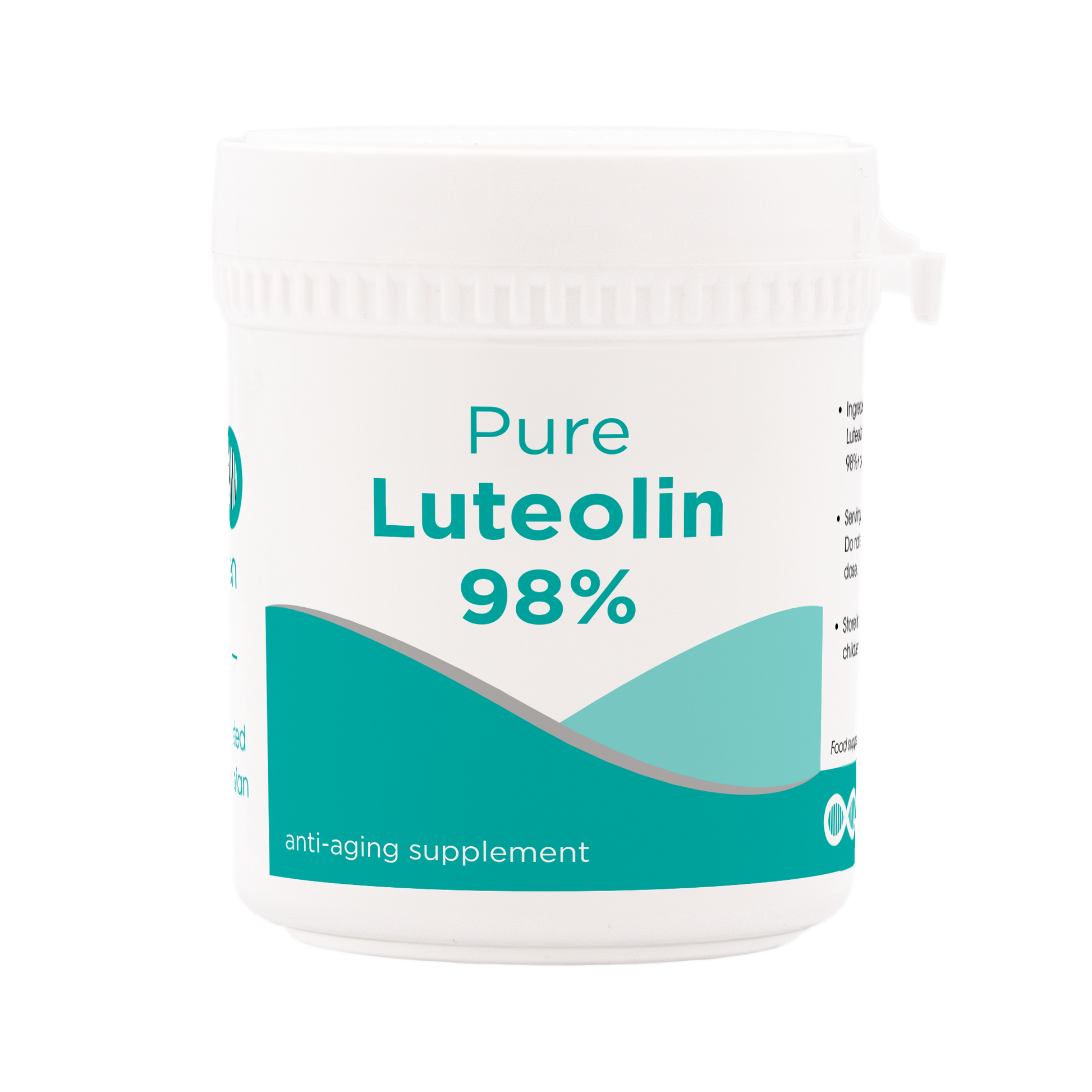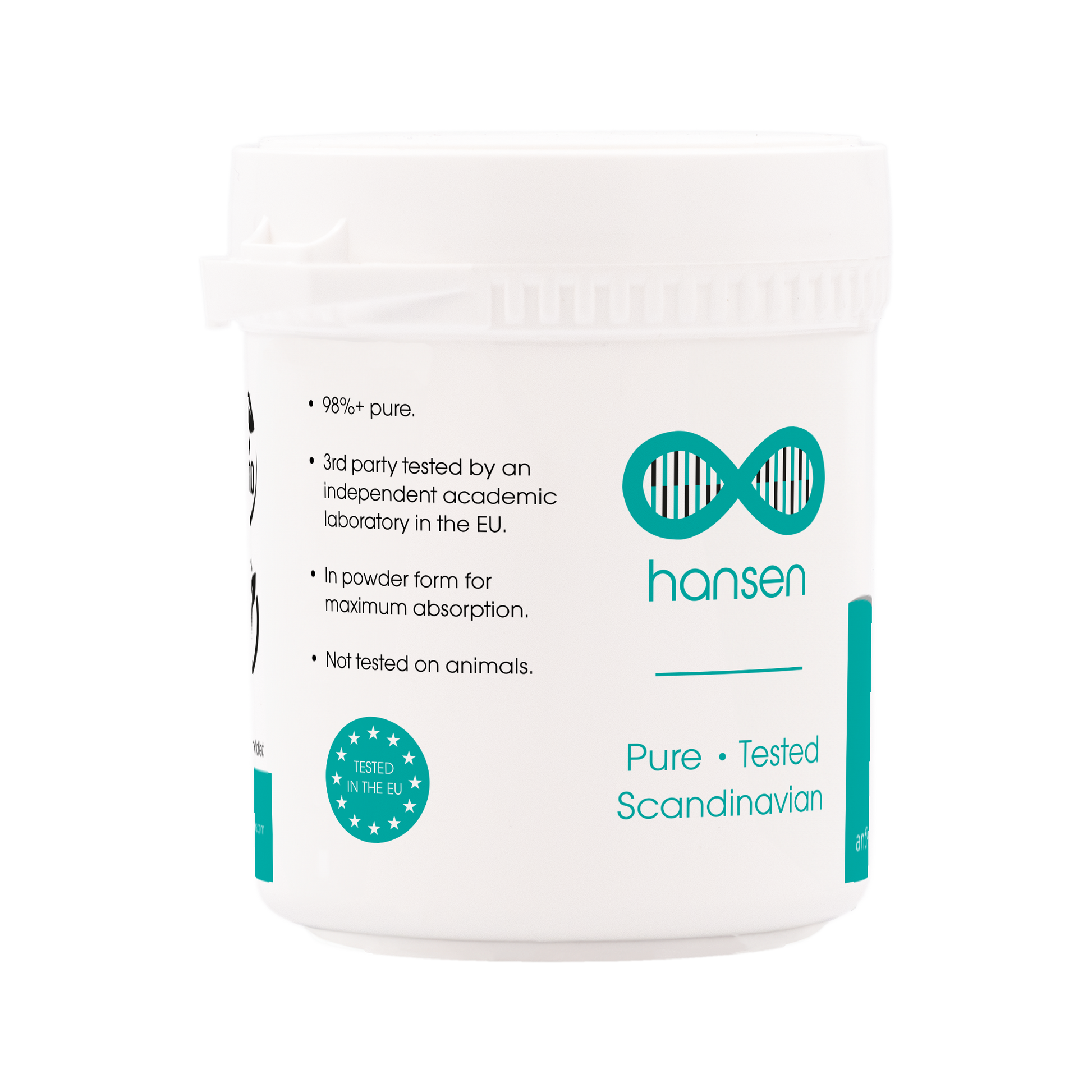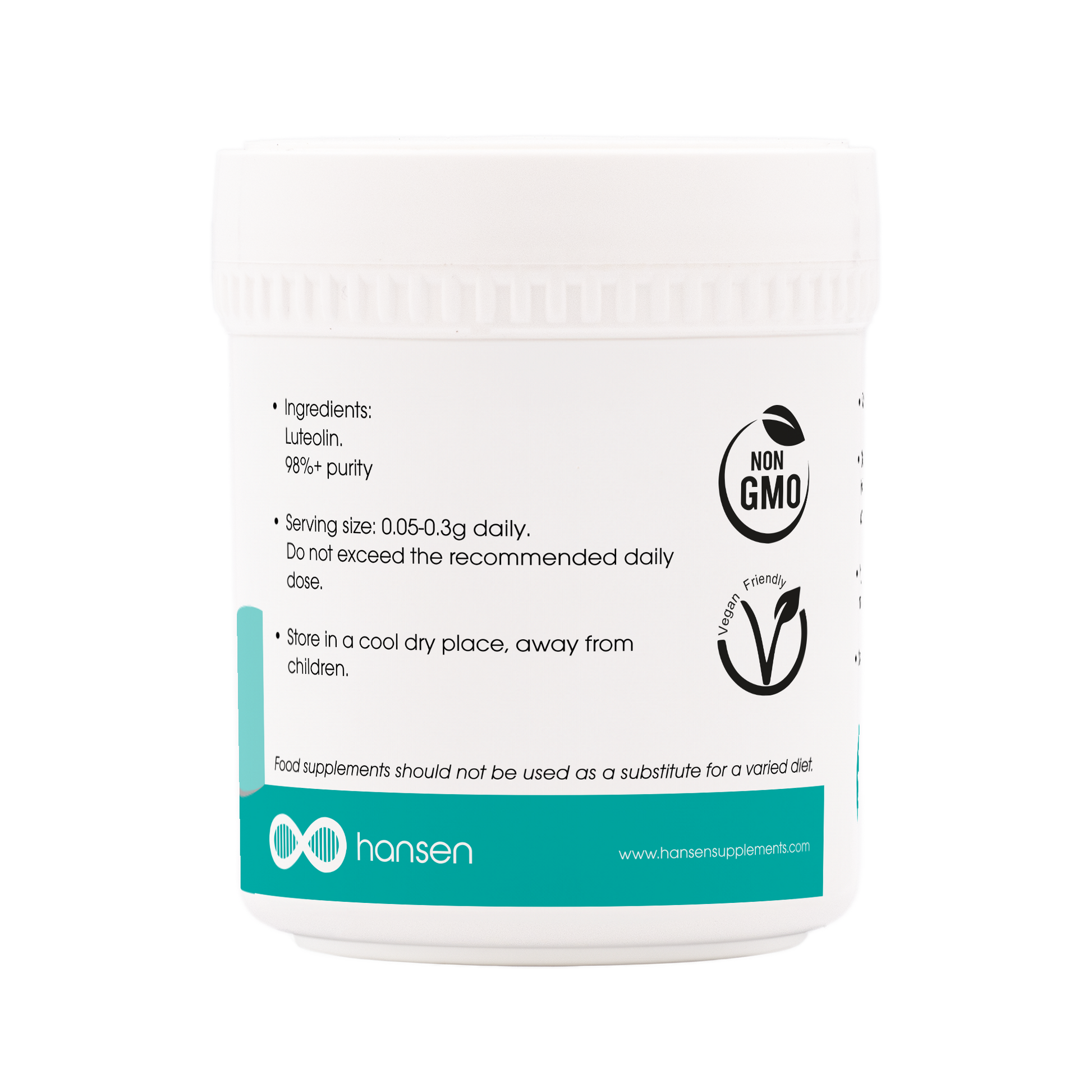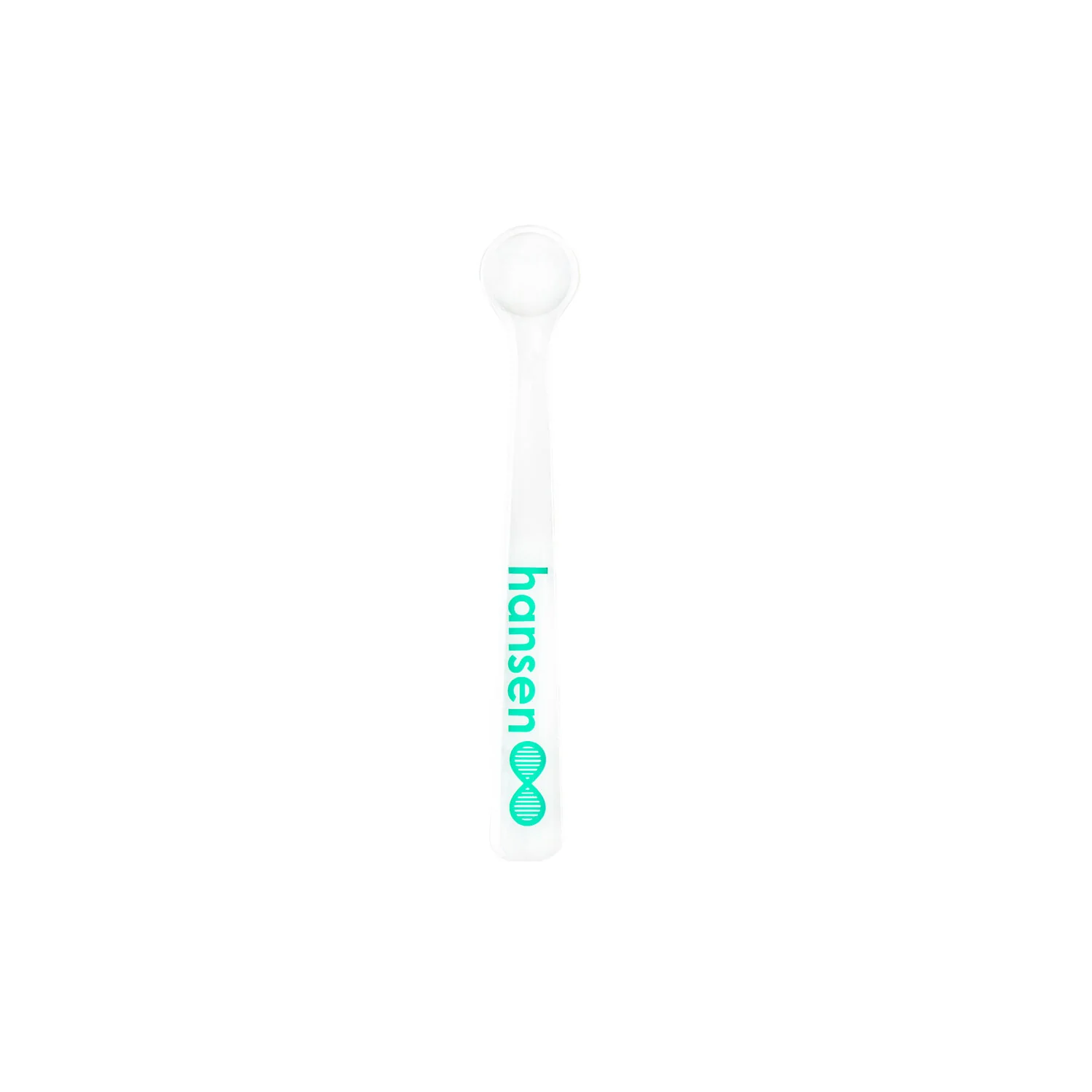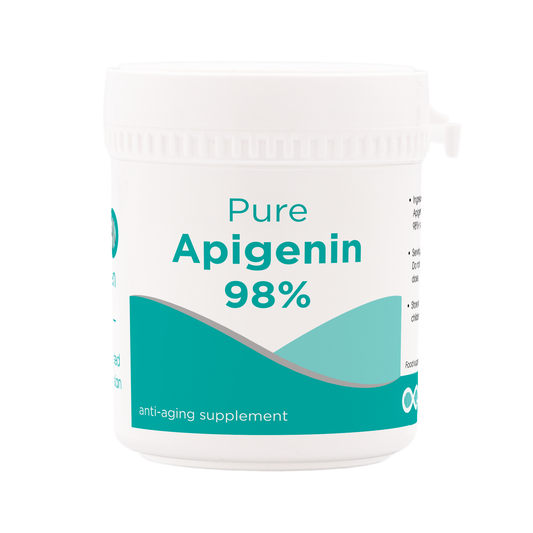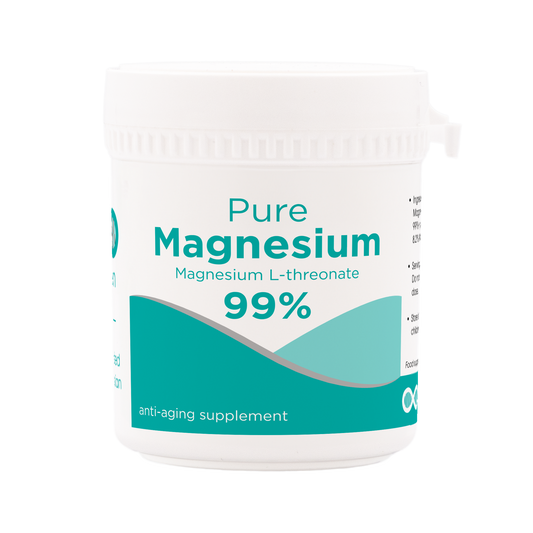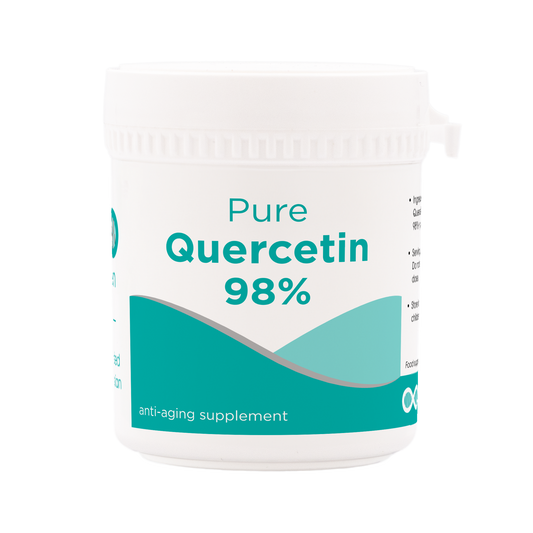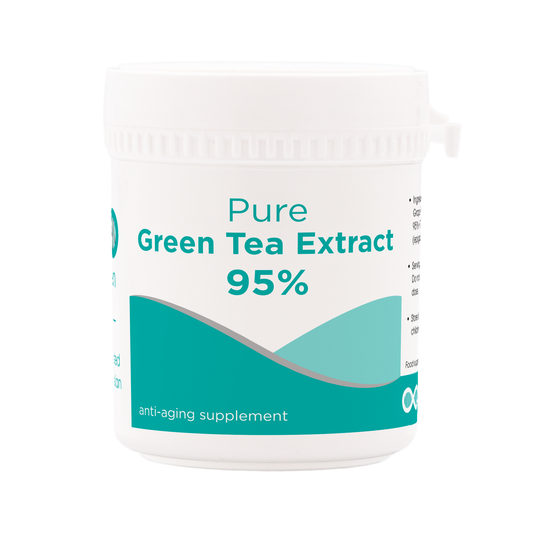Luteolin 98% powder
Luteolin 98% powder
 We ship orders within 2 business days.
We ship orders within 2 business days.
Couldn't load pickup availability
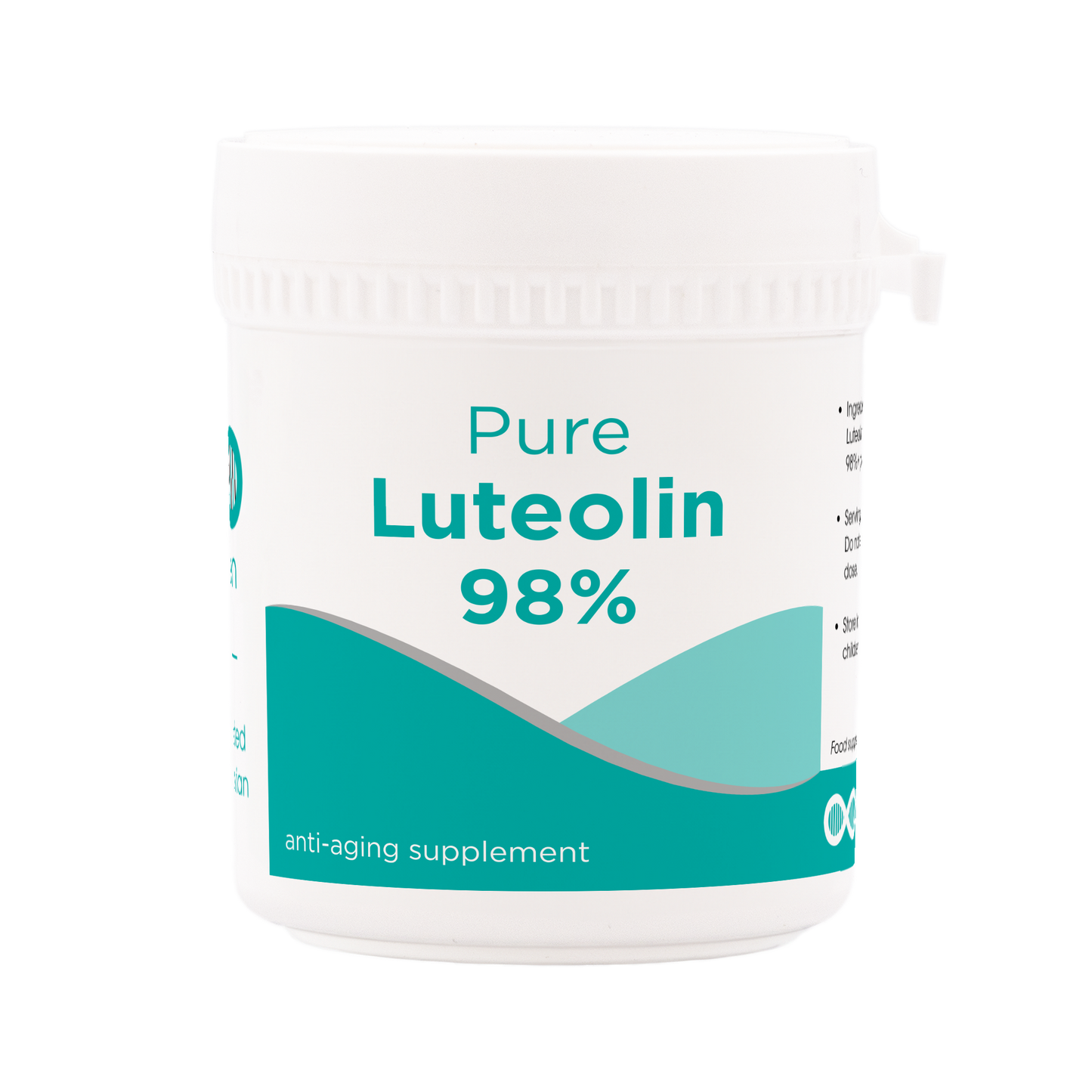
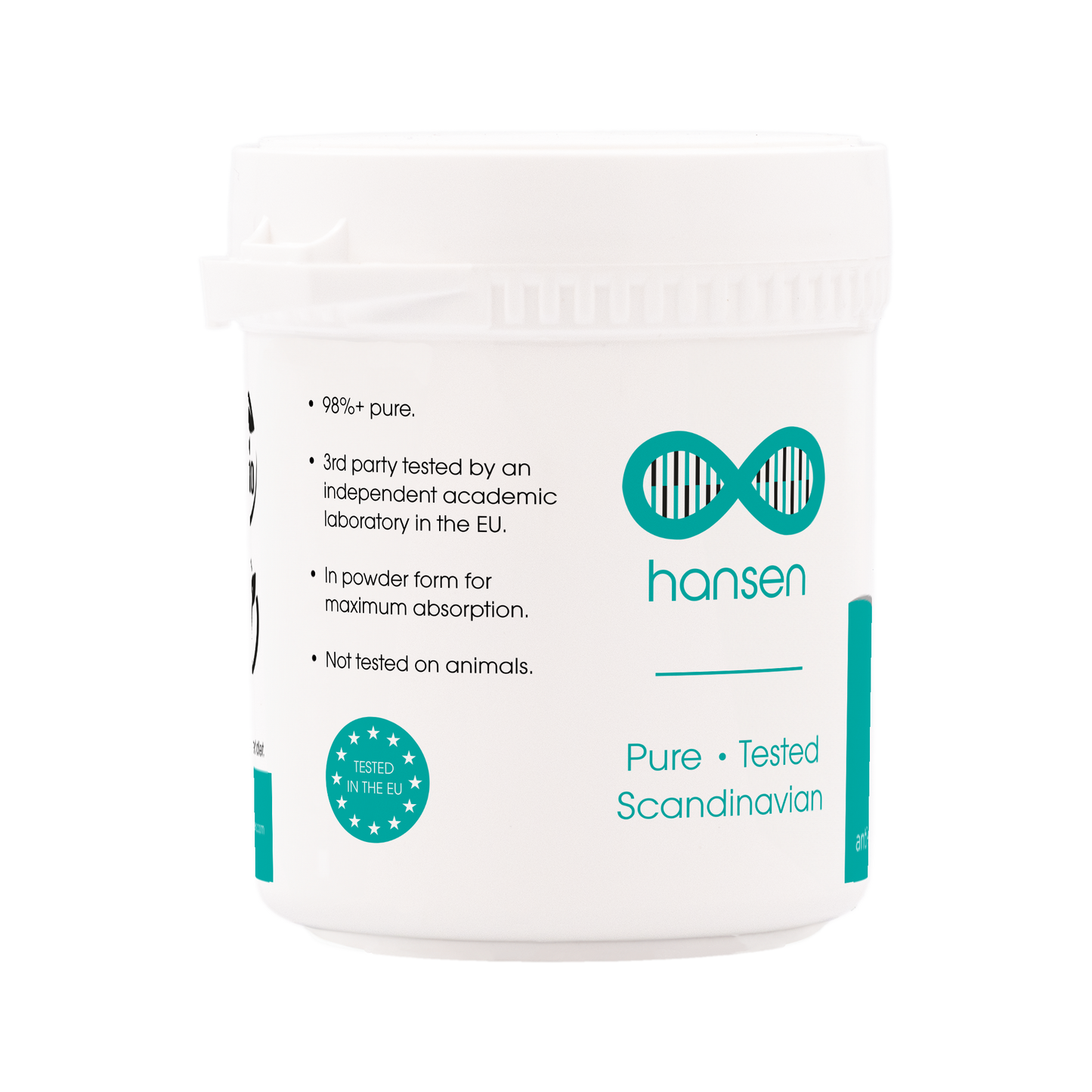
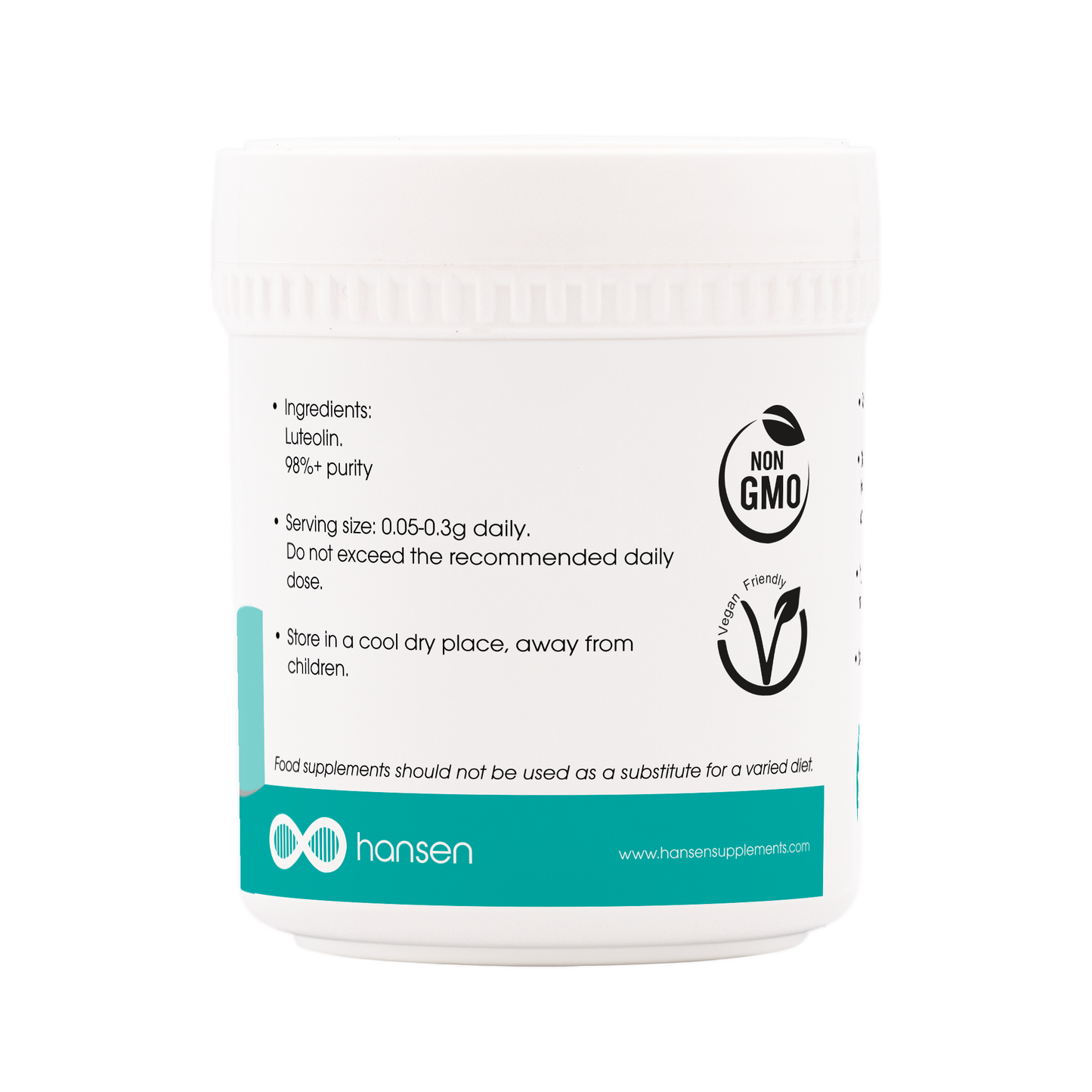
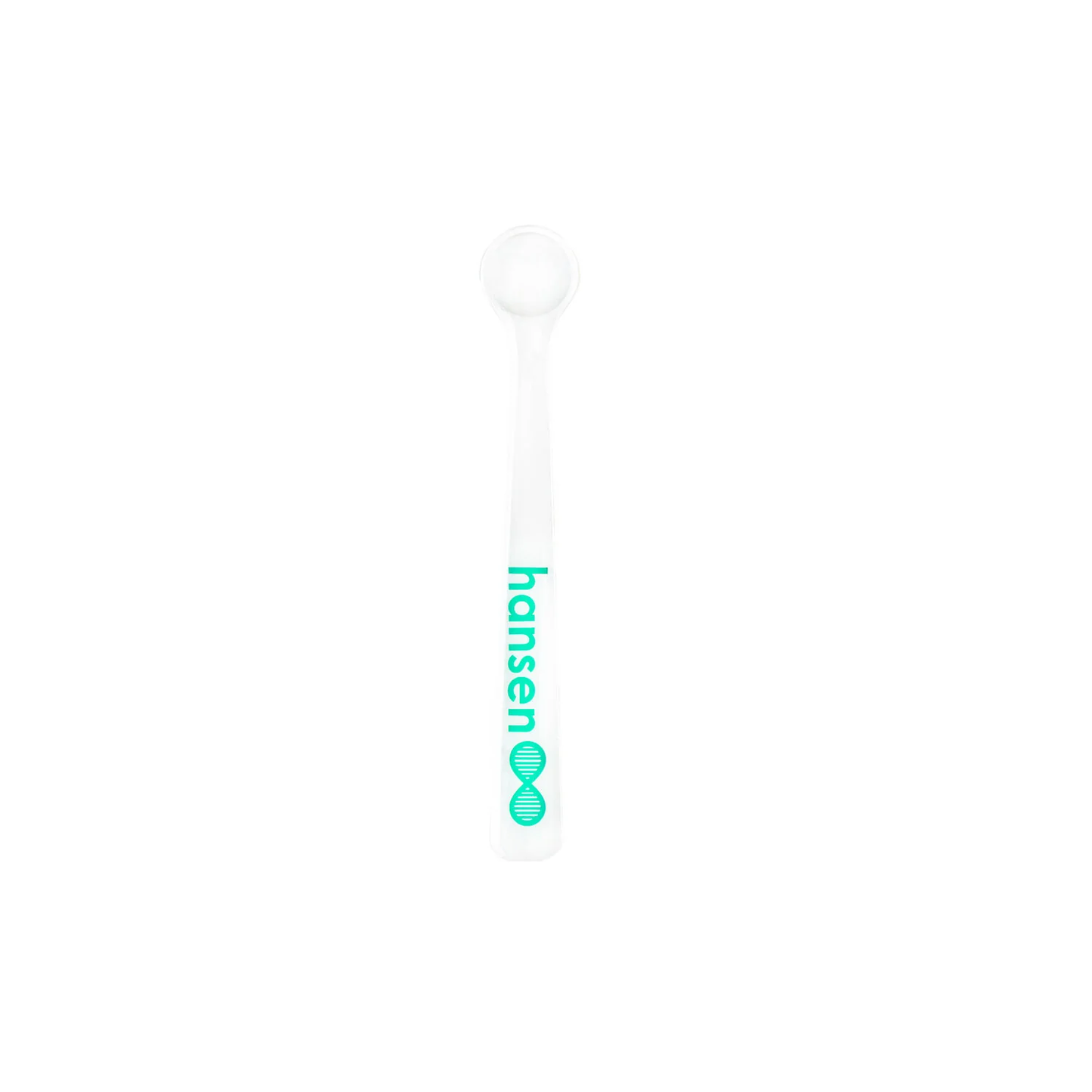
Collapsible content
Product overview
Luteolin is a naturally-occuring flavone found in Reseda Luteola plants, as well as in certain food items such as celery, parsley, apple skins, and citrus. As a supplement, Luteolin is known for aiding in the management of inflammatory conditions, maintenance of recall, and health of the nervous system. It is also reported to have anti-cancer properties.
These statements have not been evaluated by the Food and Drug Administration or MHRA. This product is not intended to diagnose, treat, cure, or prevent any disease. Food supplements should not be used as a substitute for a varied diet.
Dosing and storage
Quality
Shipping
Learn more about Luteolin
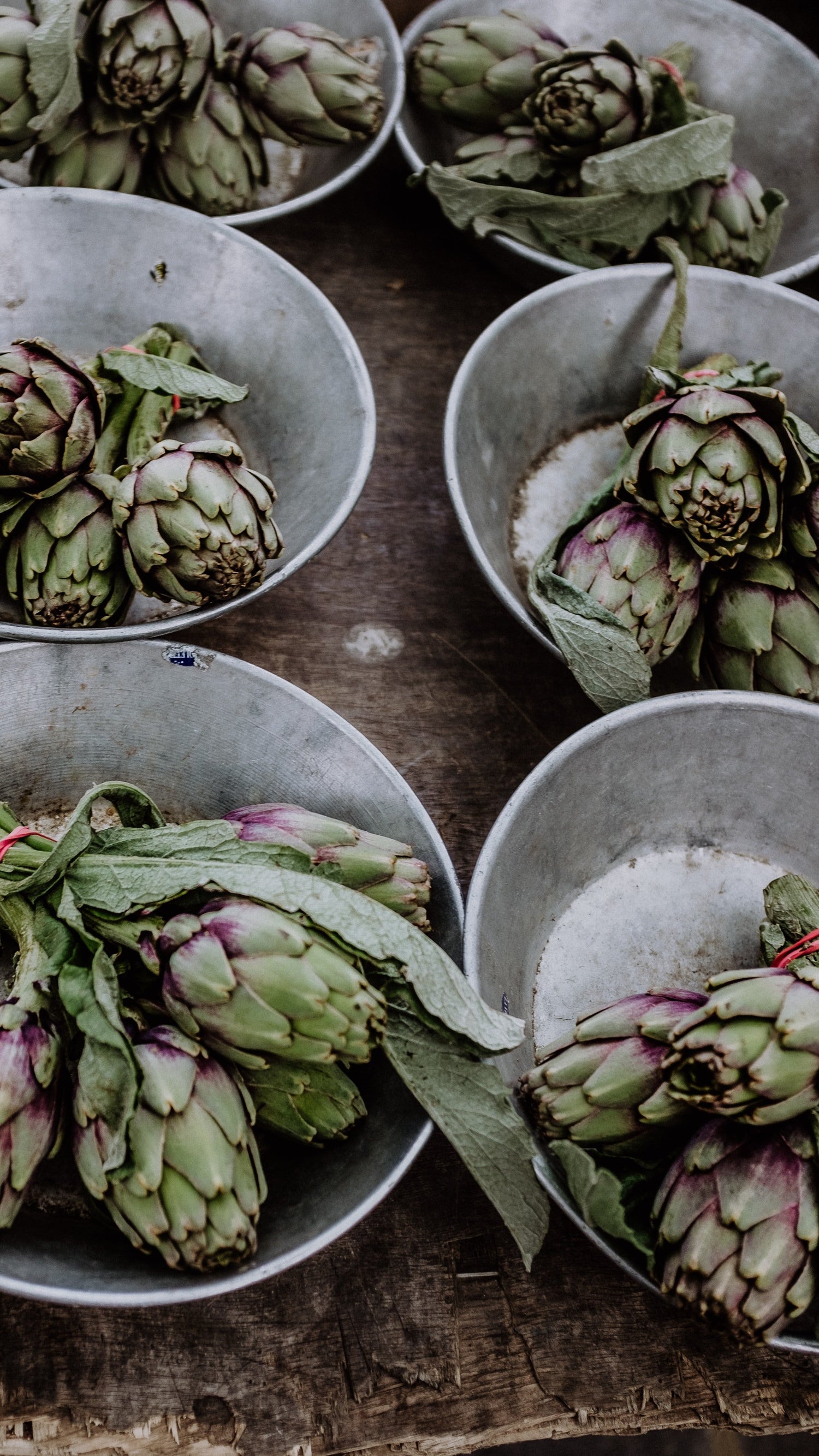
What is Luteolin?

